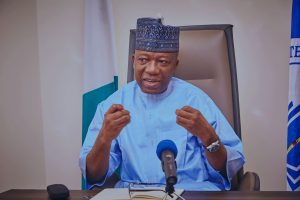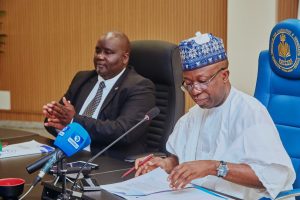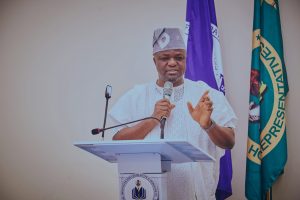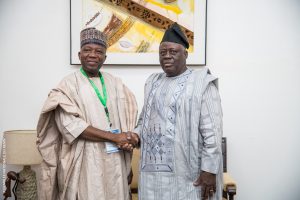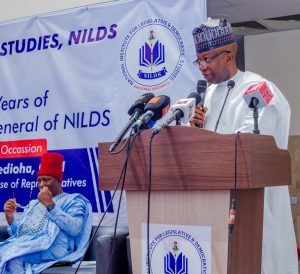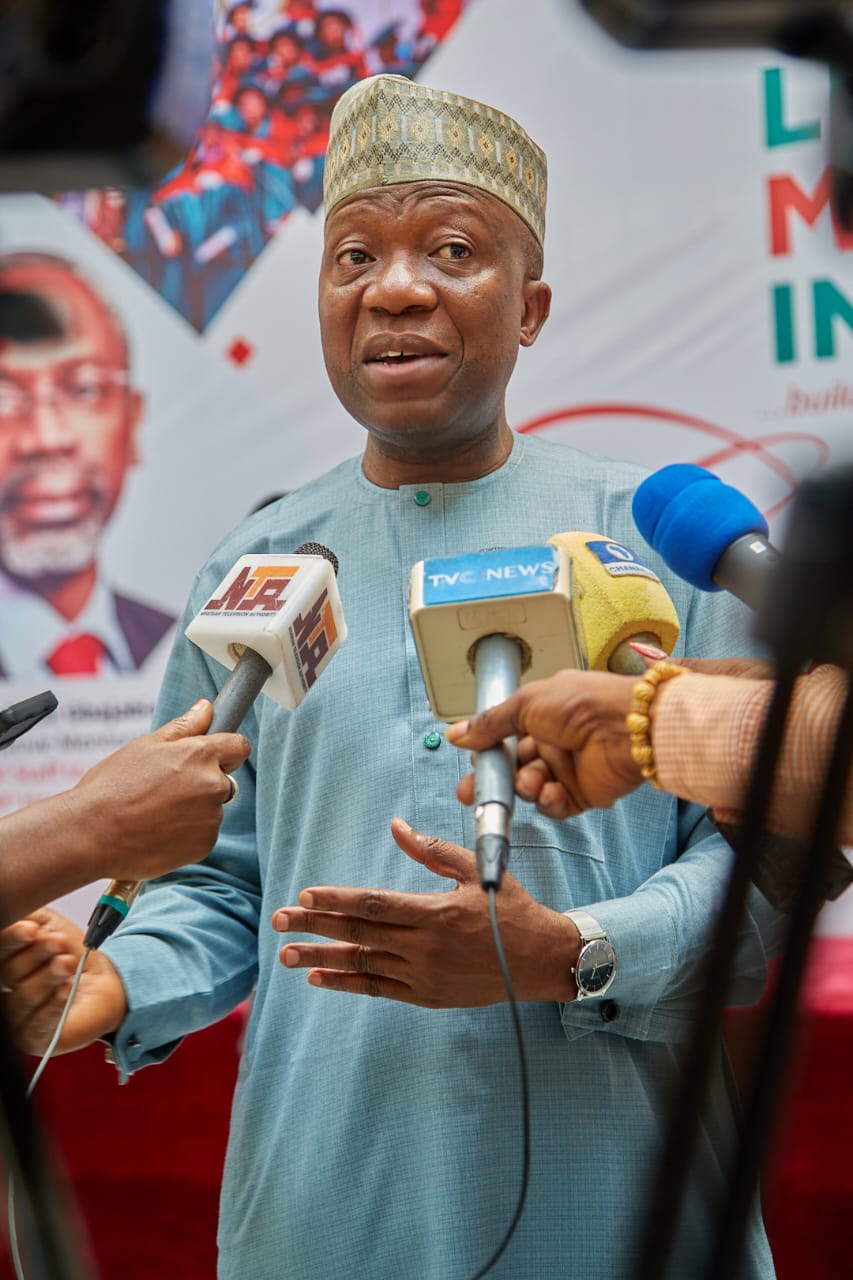
In an effort to enhance youth participation in Nigeria’s democratic process, National Institute for Legislative and Democratic Studies, NILDS, in collaboration with iLead Africa, has organised a one-day policy discourse titled, “Inclusive Democracy: Navigating the Digital Frontier for Youth in Governance.
The discorse held on Thursday, aimed to address the challenges hindering Nigerian youth from participating fully in the political space and highlighted the role of digital platforms in overcoming these barriers.
Speaking at the event, Prof Abubakar O.Sulaiman, Director General, NILDS
said the leadership of the National Assembly, fully aware of the aching issues of youths in Nigeria, has mandated NILDS to collaborate with foreign partners and other nongovernmental organisations and come up with capacity building programmes that would address the disturbing phenomenon.
He noted that the passage of the Not-Too-Young-To-Run Act, 2018, which was a testament of the fact that the National Assembly is doing all that it takes to ensure that youths are included in the political space.
He added that the passage of the Start-Up Act, 2022 which is expected to create opportunities for youths with innovative and digital ideas, was another testament that government is beginning to recognize the important role youths play in economic development.Also, the current government has made efforts to appoint youths into political position as a way of showing commitment to youth’s inclusion in governance.
He said, “While these strides are germane, it is appalling to see that despite these efforts, several challenges persist to undermine Nigerian youth in political participation and representation.
“Despite the potentials of our youthful population, they face socio-economic and political challenges.“According to data from the National Bureau of Statistics, youth (15-34 years) unemployment rate increased from 29.7% in the third quarter of 2018 to 34.9% in the second quarter of 2020.
“This translates to about 13.9 million youths not having jobs. The challenge of youth unemployment in Nigeria is aggravated by the rising share of youth not in education, employment or training.“According to data from the World Development Indicators of the World Bank, the percentage of Nigerian youth not in education, employment or training rose from 24.8% in 2011 to 28.1% in 2019.“This implies declining opportunities for social mobility and economic potentials for young people in Nigeria.“The huge population of the youth (over 60% of the total population) possesses the potential of giving the youth a vocal voice in national decision making.”He, however regretted that “the youth are largely marginalised from political life. In fact, the poor labour market and economic outcomes for the youth has been attributed to their lack of participation in the decision-making process.”He said: “Less than 1% of all elective positions are occupied by youth despite the youth accounting for about half of the population and a sizeable portion of registered voters.“Any nation with less than one per cent of its youths in elected office is not practicing true democracy.“This is very low compared to the global average. About 1.65% of parliamentarian around the world are in their 20s and 11.87% are in their 30s, according to the United Nations Development Programme and the Inter-parliamentary Union.
He urged the youths to leverage it for their active participation in politics in Nigeria.



